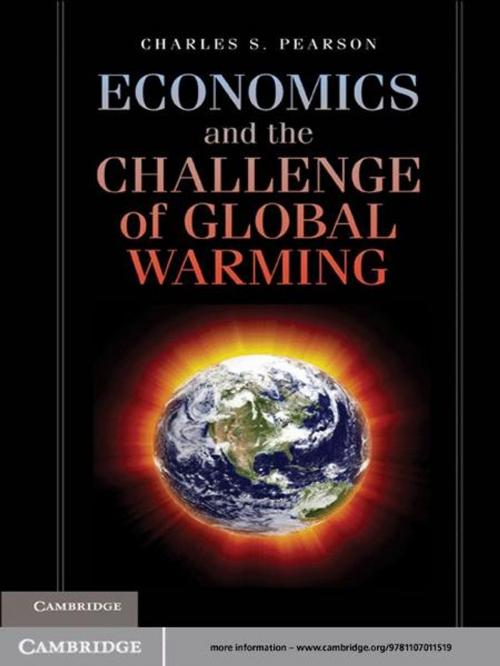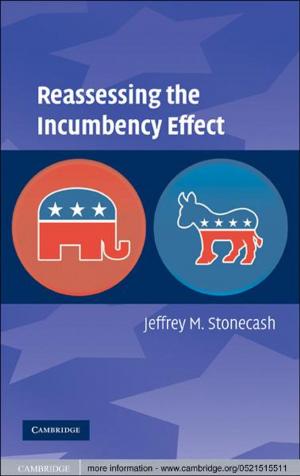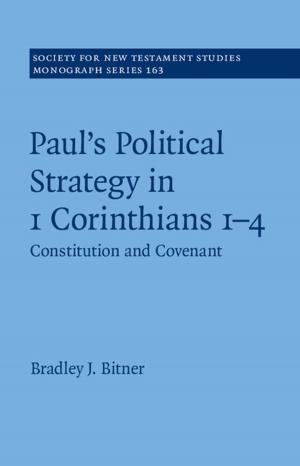Economics and the Challenge of Global Warming
Business & Finance, Economics, Nonfiction, Science & Nature, Technology| Author: | Charles S. Pearson | ISBN: | 9781139140287 |
| Publisher: | Cambridge University Press | Publication: | September 19, 2011 |
| Imprint: | Cambridge University Press | Language: | English |
| Author: | Charles S. Pearson |
| ISBN: | 9781139140287 |
| Publisher: | Cambridge University Press |
| Publication: | September 19, 2011 |
| Imprint: | Cambridge University Press |
| Language: | English |
Economics and the Challenge of Global Warming is a balanced and comprehensive analysis of the role of economics in confronting global warming, the central environmental issue of the twenty-first century. It avoids a technical exposition in order to reach a wide audience and is up to date in its theoretical and empirical underpinnings. It is addressed to all who have some knowledge of economic concepts and a serious interest in how economics can (and cannot) help in crafting climate policy. The book is organized around three central questions. First, can benefit-cost analysis guide us in setting warming targets? Second, what strategies and policies are cost-effective? Third, and most difficult, can a global agreement be forged between rich and poor, North and South? While economic concepts are foremost in the analysis, they are placed within an accessible ethical and political matrix. The book serves as a primer for the post-Kyoto era.
Economics and the Challenge of Global Warming is a balanced and comprehensive analysis of the role of economics in confronting global warming, the central environmental issue of the twenty-first century. It avoids a technical exposition in order to reach a wide audience and is up to date in its theoretical and empirical underpinnings. It is addressed to all who have some knowledge of economic concepts and a serious interest in how economics can (and cannot) help in crafting climate policy. The book is organized around three central questions. First, can benefit-cost analysis guide us in setting warming targets? Second, what strategies and policies are cost-effective? Third, and most difficult, can a global agreement be forged between rich and poor, North and South? While economic concepts are foremost in the analysis, they are placed within an accessible ethical and political matrix. The book serves as a primer for the post-Kyoto era.















